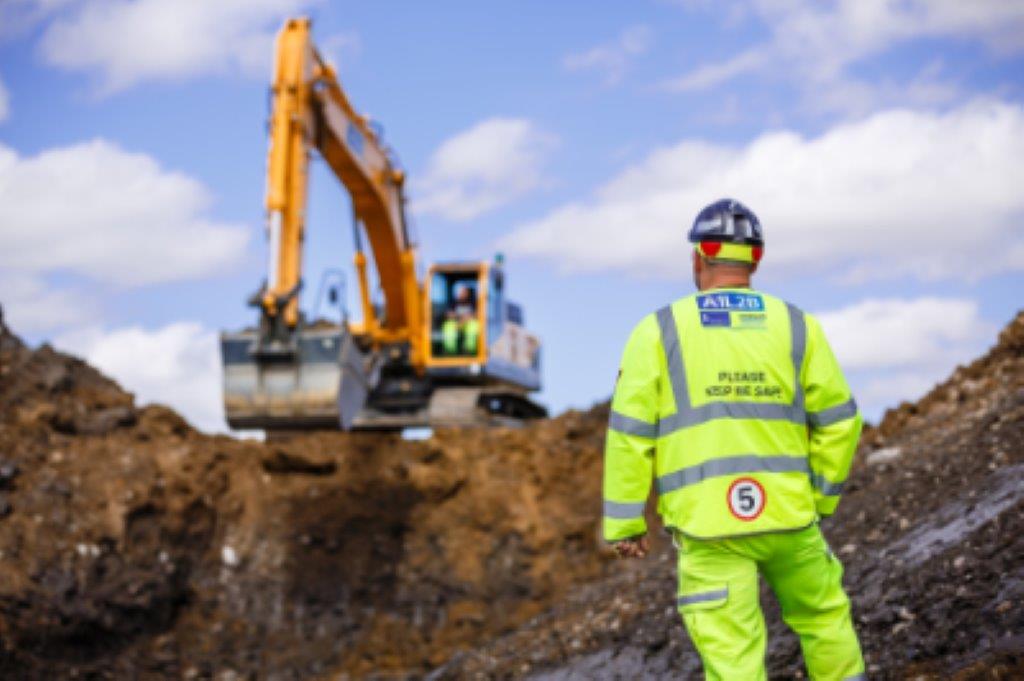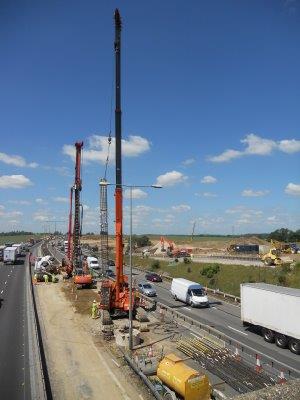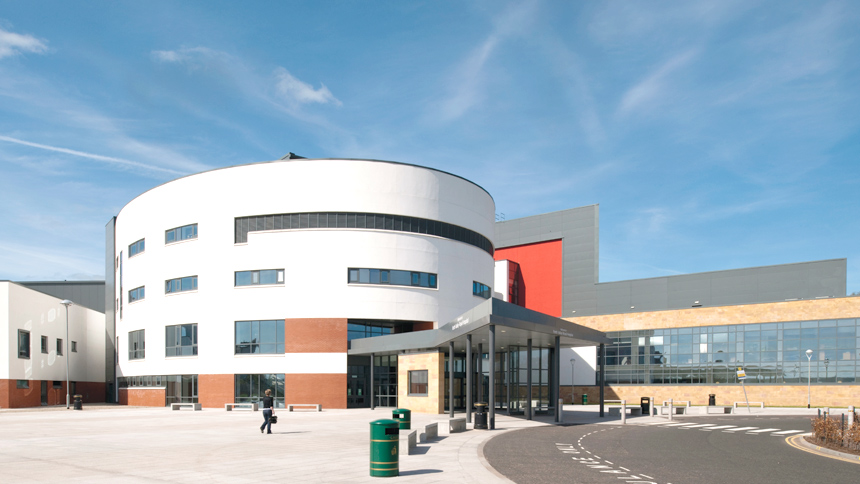Keith Brown, MSP, Cabinet Secretary for Economy, Jobs and Fair Work, delivered the keynote speech at the BSA Inclusive Growth event in Edinburgh, held in conjunction with BSA Associate Member DWF. Full speech below.
A briefing note summarising the event can be found here: http://www.bsa-org.com/wp-content/uploads/2017/10/Inclusive-Growth-Edinburgh-briefing-note.pdf
Speech – Business Services Association Seminar – Inclusive Growth
Introduction
I know today’s seminar is structured by your excellent paper on Business Services and Inclusive Growth in Scotland’, and I’m pleased it captures the scale of the sector in Scotland – accounting for more than one in ten Scottish workers.
And to help you explore the specific challenges for the business services industry I want to set the scene by providing an overarching view of the Government’s approach to inclusive growth.
The Scottish Government is focused on delivering economic growth in a way that’s more inclusive – and by that I mean inclusive of people, and inclusive of places.
I think we all want a country where people can flourish individually and collectively. As the First Minister said in her speech on the economy at Spirit Aerosystems last week, “we need to recognise that economic policy is a means rather than an end – it is a means by which we help all of our people to lead happy, healthy and fulfilling lives”.
Programme for Government
Earlier this week we published our Programme for Government.
In part that’s a list of the legislative activity to be progressed by the Parliament. It is also an update on our plan to shape the kind of Scotland we all seek – an inclusive, fair, prosperous, innovative country, ready and willing to embrace the future and thrive.
It includes major reforms in education, health and justice, new opportunities for our communities and important measures to safeguard the environment and improve the quality of housing.
It commits to lifting the public sector pay cap – vital to living standards and our ability to recruit staff for our precious public services.
And it opens a debate about how to best use our tax powers – responsibly – to protect public services and strengthen the social contract in the face of continued Westminster austerity.
Crucially, this Programme for Government also sets out a bold and forward-looking economic vision – sending a clear message to our people, businesses, schools, colleges and universities, and to the wider world: Scotland‘s ambition is to be the inventor and the producer, not just a consumer, of the innovations that will shape the lives of our children and grandchildren.
Business is at the very heart of that. So too is a sense of place.
Inclusive Growth
Those of us here today who can call Scotland home are lucky.
We are lucky because:
- We live in a wealthy country. Even without oil, GDP per head in Scotland is higher than the UK average (excluding London).
- Scotland’s unemployment rate is lower than that of the UK – the latest jobs figures show an increase in employment to a record high and a fall in inactivity. GDP figures show Scotland’s growth rate was four times faster that of the UK over the last quarter, and recent reports indicate accelerating growth across the private sector
- We’re also living longer and healthier lives; a child born today has a life expectancy higher than ever before.
- And public attitudes towards equality and diversity are improving. We are becoming a more equal country in many respects.
Having said that, some of us in Scotland today are less fortunate than others:
- In 2015-16, seven out of ten children in poverty in Scotland were living in a household where someone was in work. In other words, work is no longer a guarantee against poverty.
- Women still get paid less than men, are less likely to be in full time employment, and more likely to stay at home due to caring commitments.
- More people are in work in Scotland than the pre-recession high but job opportunities vary considerably across regions.
- And crucially, some people and some places have over recent decades benefited much less from economic growth than others.
The challenges I raise are not only seen in Scotland, but across the UK and other advanced economies. Inequality has remained stubbornly persistent, with the wealthiest benefitting more from growth than the rest. Barack Obama called inequality the “defining challenge of our time”.
The international evidence on this is clear. Inequality harms lives. It leads to poorer educational prospects, well-being and health. It limits social mobility across generations – meaning that if you are born poor, you are more likely to grow up poor.
What is also becoming more apparent is that inequality damages economic growth too. Analysis by researchers at the OECD in 2014 estimated that rising income inequality in the UK between 1990 and 2010 had reduced GDP per capita growth by 9 percentage points – that’s approximately £1,600 for every person in the UK.
So it’s in our interests, as a government, and as a country – and as businesses too – to grow the economy in a fairer and a more inclusive way. This means putting people at the heart of how we understand, nurture, and share our economy.
Our Economic Strategy recognised this need for a more inclusive approach to economic growth, underpinned by the twin pillars of boosting competitiveness and tackling inequalities.
We made it clear that in Scotland, we will put a different emphasis on growth – that we won’t pursue growth at any cost or limit its benefits to just a few. But that we will ensure growth means prosperity and opportunity for all – regardless of who you are, and what part of Scotland you live in.
We put emphasis on understanding what we need to do to tackle the uncomfortable truths behind some of the positive headline performance, such as tackling regional variation in economic performance and opportunity, addressing the gender pay gap, tackling in-work poverty and issues around pay and progression.
Of course, these words need to be backed up by action.
We are investing in a number of areas to promote inclusive growth:
- From improving wages and working conditions through our Fair Work Convention and Business Pledge;
- To helping more parents back to work by increasing free, high quality childcare for all 3 and 4 year olds to 1,140 hours by the end of this Parliament;
- To equipping our young people for the future by increasing the Scottish Attainment Challenge funding to £750 million, increasing the number of Modern Apprenticeship opportunities, and introducing a Job Grant for those aged 16-24 that have been out of work for 6 months or more;
- We’re also delivering significant investments in inclusive economic growth across Scotland through the City Region Deals. These investments will create thousands of jobs, raise skills in local labour markets and support inclusive economic growth.
Our approach has been getting international recognition too. The OECD have called Scotland “a real inclusive growth incubator”, and Professor Joseph Stiglitz has said that our Economic Strategy “leads the way in identifying the challenges [around inequality] and provides a strong vision for change.”
If we succeed, we will all benefit, because a more inclusive economy is good for everyone. And an inclusive economy, where income and wealth are shared more widely, delivers higher long-term growth and reduces inequality.
The importance of place to inclusive growth
Our focus in Government is on making real improvements to the lives of people. This means people from across all parts of Scotland and from all our communities – which brings me to the centrality of ‘place’ to inclusive growth.
So what does inclusive growth mean for communities across Scotland?
It means we’re living in successful communities which are economically, physically and socially strong.
To achieve this, communities themselves need to be actively involved in, and leading, decision-making. Inclusive growth can only be truly long-lasting and effective if it is ‘done by people’, and not ‘to’ them.
It also means partners working in a joined-up way with communities, particularly in areas like economic development, planning, housing, education and skills.
And it means delivering growth in a way that helps build community cohesion.
We know that inclusive and cohesive communities that embrace diversity provide a better quality of life for everyone. Communities thrive when they feel a shared sense of belonging, when they learn and grow together, and when they feel able to live their lives in peace.
Finally, it means that the benefits of our economy are spread across different communities. We want to ensure that all parts of Scotland have the potential to thrive equally, in a truly balanced economy.
The geographic concentration and segregation of industries, jobs, poverty and wealth means that different parts of Scotland face specific challenges that require tailored responses.
We must ensure social and economic progress is felt throughout the country. From Selkirk to Stornoway, Aberdeen to Arran all parts of Scotland must be able to keep building sustainable communities and to prosper.
So how will we achieve this?
The Community Empowerment Act, passed in 2015, sets out in legislation how we will help to empower community bodies through the ownership of land and buildings, and by strengthening their voices in the decisions that matter to them. By giving communities the power and confidence to shape their own futures, we can tackle poverty and address inequalities much more effectively.
Stronger community empowerment is also a key part of our Planning work. It is a cornerstone of the forthcoming Planning Bill. Our work with the place standard and community involvement in planning will continue to ensure that communities are empowered to play an active role in designing how their places will work and grow in the future.
We are also taking action to drive a more inclusive and balanced economy across all parts of Scotland.
Our approach to regeneration – working in Partnership with Local Government and communities – makes a big contribution to delivering this.
And we will work with our agencies and partners to ensure that our enterprise and skills support works in a way that helps deliver the skills that Scotland’s people and economy need to progress our inclusive growth ambitions.
Our recommendations, published in June, have highlighted a particular focus on regional partnership approaches – bringing the agenda firmly back to the importance of ‘place’.
Increasingly we are seeing local authorities across Scotland coming together and working collaboratively with our national agencies, the private sector and other partners.
These partnerships have evolved for different reasons but all are focused on strengthening regional economies across Scotland and delivering better outcomes for the individuals, communities and businesses within the area.
For example, in order to tackle the unique challenges facing the South of Scotland, we are going to create a new enterprise agency in the heart of the region. This will aim to support inclusive growth and increased productivity, helping the area to thrive.
This decentralisation of economic decision-making extends across the country.
The Scottish Government is a full partner in all three of the City Region Deals agreed in Scotland so far and has committed to investing £760 million over the next 10 to 20 years for City Region Deals in Glasgow, Aberdeen and Inverness.
We are also fully committed to delivering City Region Deals for Edinburgh and South East Scotland, Stirling and Clackmannanshire, and the Tay Cities. These investments will create thousands of jobs, raise skills in local labour markets and support inclusive economic growth.
Conclusion
But we still have a long way to go. The actions I’ve outlined are just the foundations for building a more inclusive economy across Scotland, where people have the opportunity to flourish no matter where they are born or who they are – and businesses flourish and grow as part of that virtuous cycle.
My challenge to you this morning – and I recognise I’m preaching to the converted – is to think about what you can do, with others, to help deliver inclusive growth in Scotland.
Thank you.






